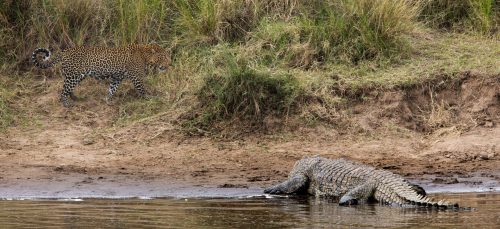
There is so much going on in the Mara Triangle right now that it can be difficult to know which way to turn. As wonderful and dramatic as the river crossings can be, for us the most impressive aspect of the Great Migration is the mega herds.
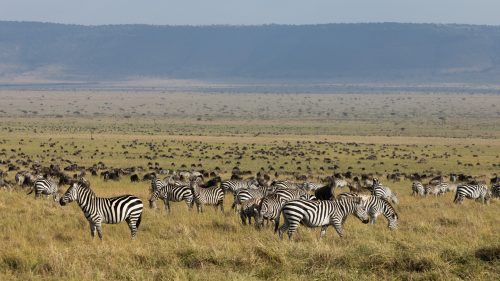
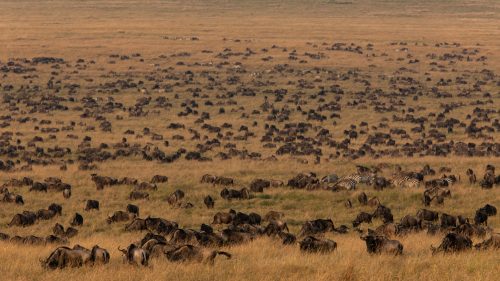
Driving into the heart of the Triangle, you are greeted by hundreds of thousands of migrating wildebeests and zebras. It is absolutely spectacular. I gave up trying to estimate their number a long time ago. After all, how can one possibly try counting individuals in herds as vast as these?
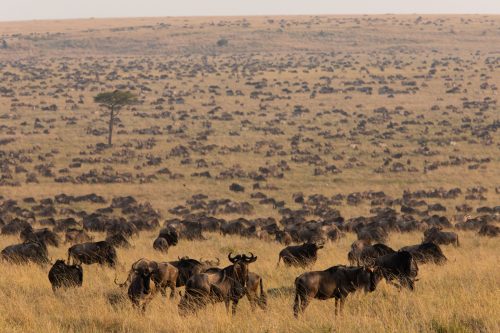
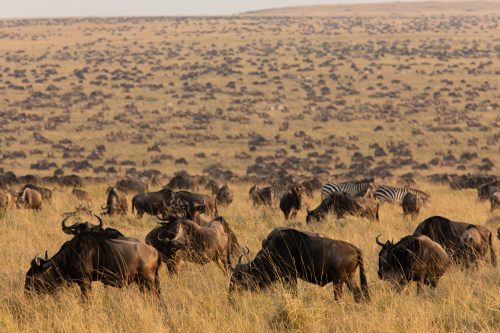
It is hard to convey in images, or words, the feeling of driving into the midst of a mega herd as you sit silently and gaze out across the plains. Black dots, like a massive colony of ants, spread out for as far as the eye can see and in every direction.
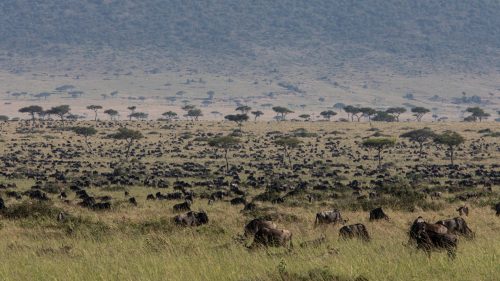
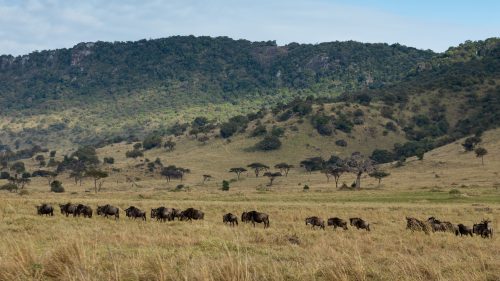
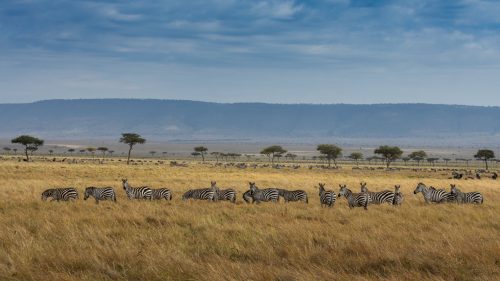
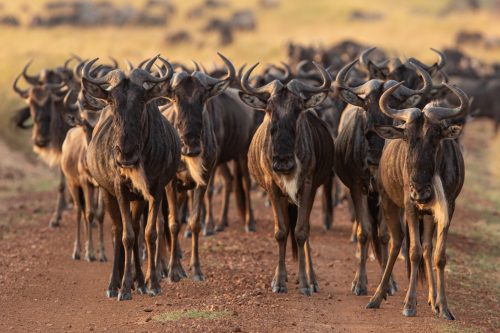
The combination of low-pitched bleating, together with the drumroll of thousands of wildebeest hooves is one of the greatest sounds in Africa. I often find myself sitting quietly, almost in a trance-like state, gazing out across the herds. After a while, the sound embeds itself within and echoes throughout your soul. It is a remarkable experience that must surely be on the bucket list of every nature lover.
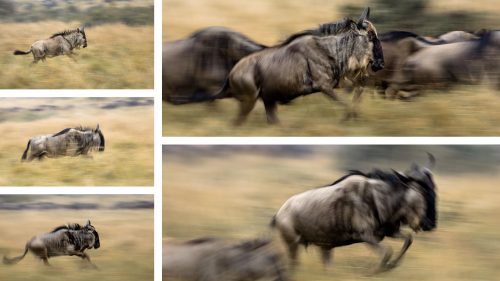
The unpredictability of the Migration is one of the reasons it’s such a special event. To some degree, there is a rhythm to it; a general movement that we are able to track. However, each year produces subtle nuances, differences and changes.
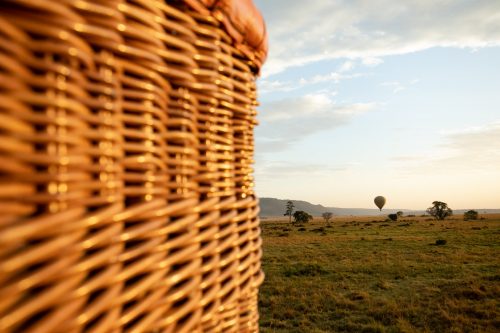
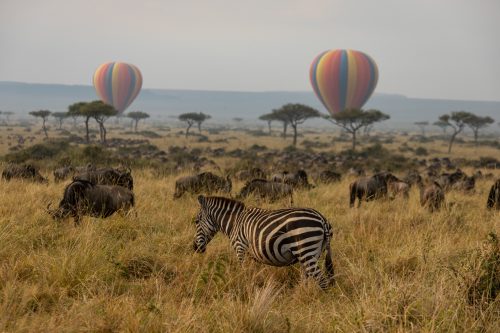
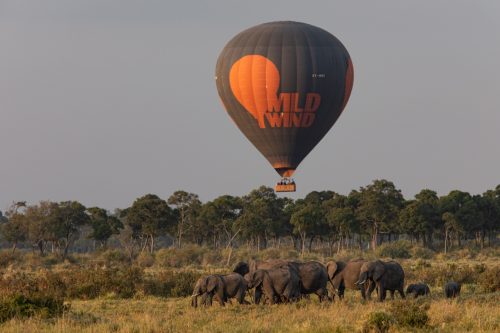
This year’s Migration appears to be shaping up rather differently than the last few. Usually, the herds arrive in constant batches, piling into Kenya through the Sand River and into the eastern side of the Mara River, into the Greater Maasai Mara Nature Reserve. Here the numbers build and build, until they have no option but to move into the Triangle via the dusty southern crossings, and then a few weeks later via the central crocodile-infested waters. This year, however, it is looking like the herds are coming directly into the Triangle from the Serengeti. We are not seeing the big numbers accumulating along the Lookout Area, but instead, we are seeing the formation of mega-herds along the base of the escarpment. Dare I say there are more wildebeests already in the Mara Triangle than there were at the peak of last year?
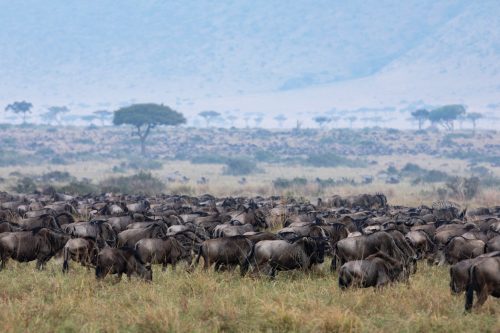
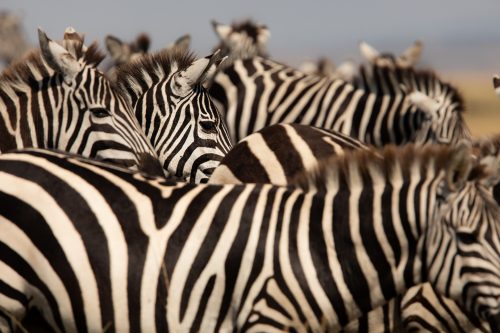
Of course, the actual river crossings are special and a spectacle in their own right. There are few wildlife events that can compare in terms of drama and excitement. Even just the collective energy pulsating from the visitors sitting in the cars lined up along the river bank is often just as contagious and exciting as the river crossing itself.
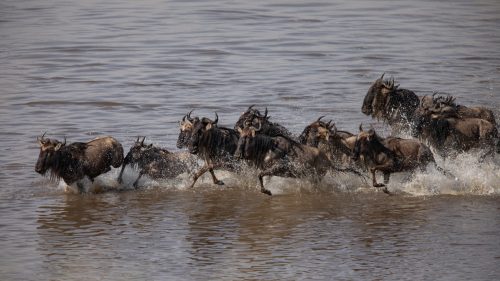
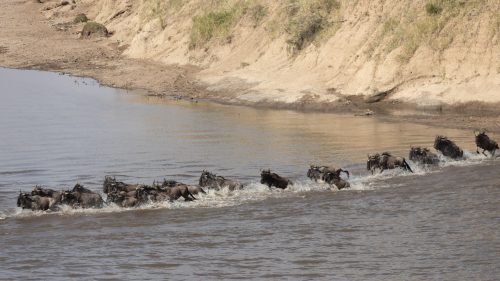
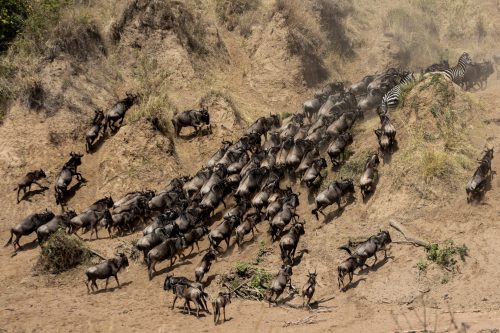
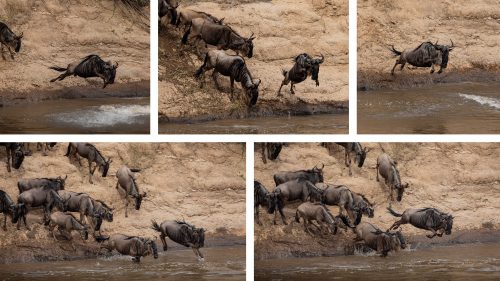
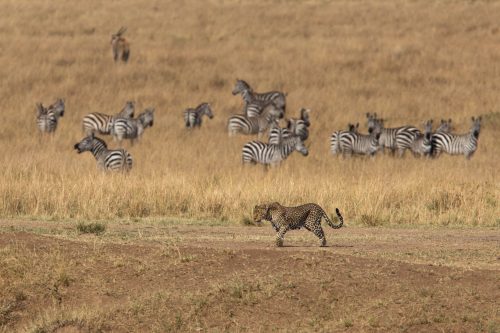
We'll wait to see how it will play out in the days and weeks ahead. And whilst the Migration continues to move further north, consuming the nutritious grasses of the Mara, so it impacts the lives of all the other animals in the region. No creature, big or small, can escape the effects of the arrival of such big numbers of animals.
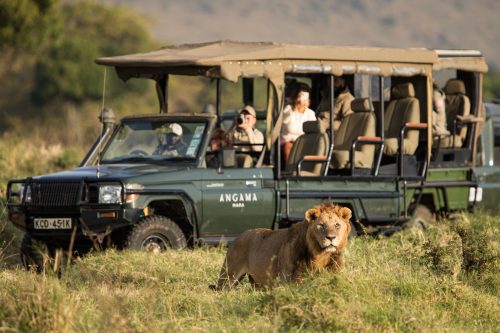
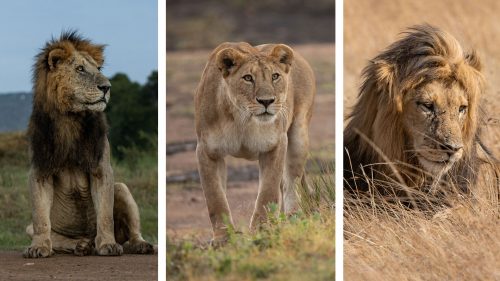
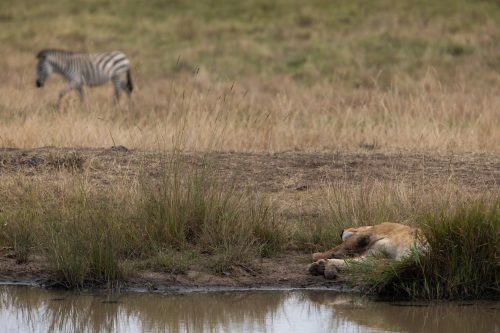
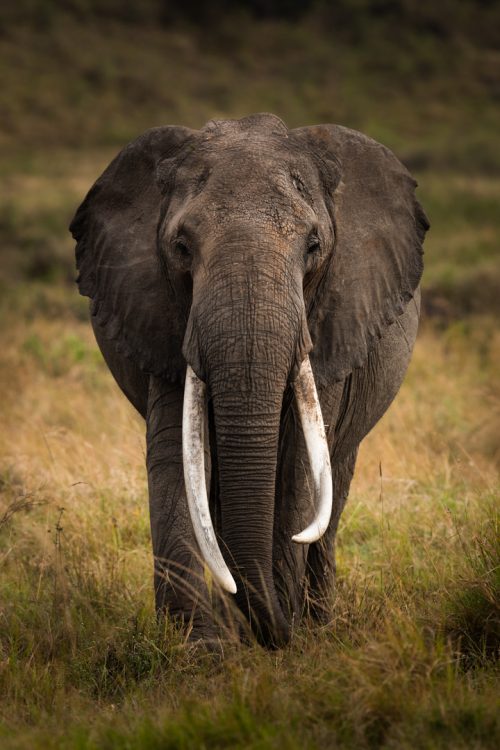
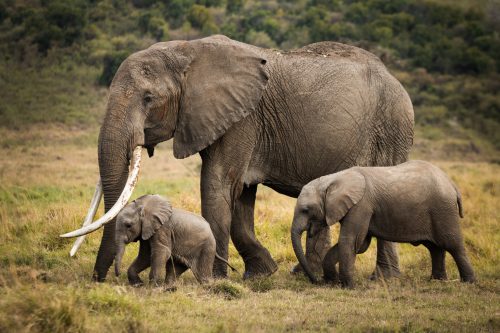
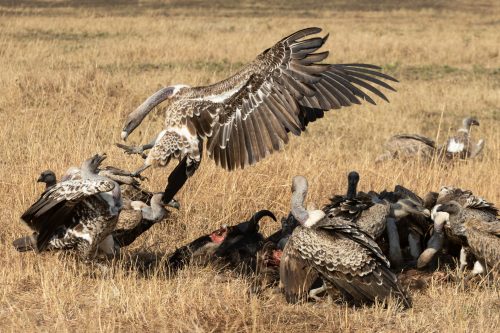
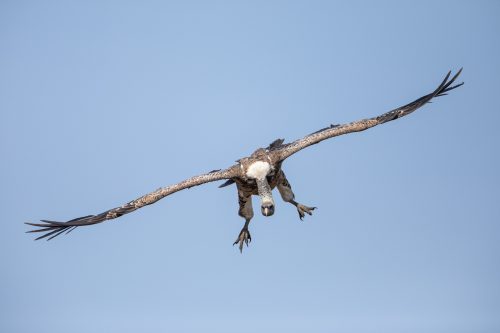
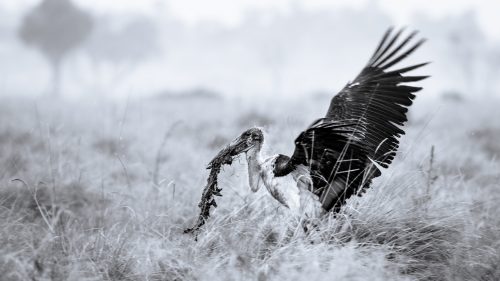
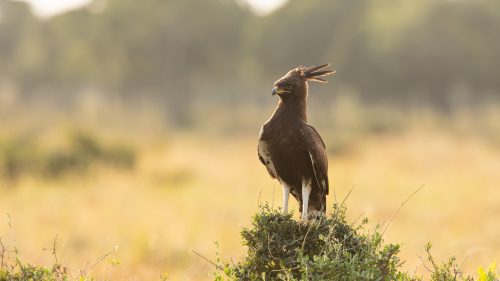
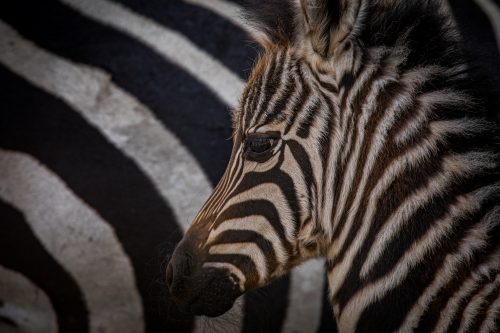
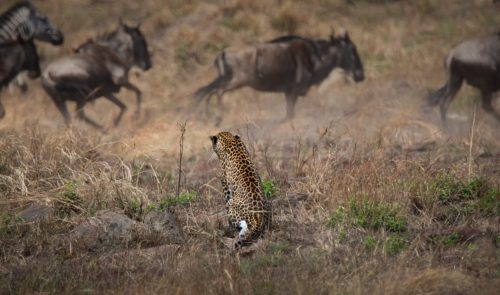
Last year we had a scene reminiscent of one we had this year; a leopard looks out over a herd of wildebeest which had just crossed the Mara River.
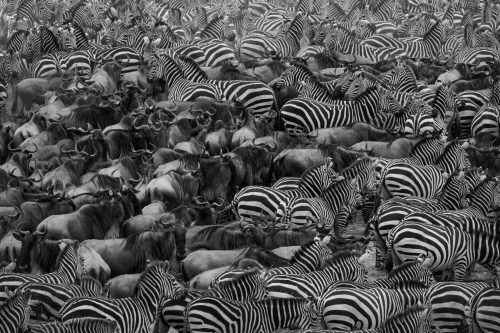
Two years ago, by this stage we had daily crossings in the central portions of the reserve at both Main Crossing and Cul-de-sac. Neither of these sites has seen big crossings yet this year.
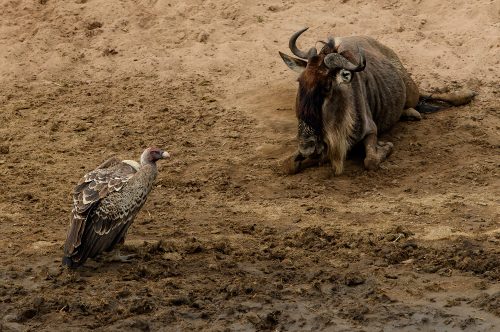
Three Years Ago we invited Graham Wood to be a guest contributor to the blog. He had a number of dramatic crossings and scenarios during his week-long stay at Angama Mara.
Filed under: This Week at Angama
Subscribe for Weekly Stories
Comments (0):

Weddings in the Mara